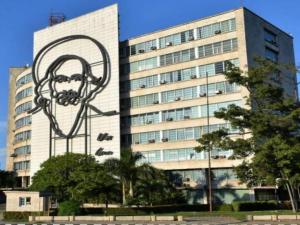
This January 11, the Ministry of Communications (Mincom) has received many congratulations from natural and legal persons who assume this date as the founding day of the organization, taking into consideration the promulgation of Decree-Law 204 dated January 11, 2000 of the Executive Committee of the Council of Ministers of the Republic of Cuba, by which the Ministry of Informatics and Communications (MIC) was created to assume all the tasks and functions that until then had been executed separately by some entities of the Ministry of the Iron, Steel and Electronic Industry (SIME).
Others consider the founding date to be February 23, 2013, when by agreement of the Council of State, the agency changed its name back to “Ministry of Communications.”
But the reality is that most historical sources lead us to consider as the founding moment of the Ministry of Communications, the year 1960, when the triumphant Cuban Revolution nationalized the Cuban Telephone Company and the agency took over telephony nationwide, in addition to a group of international cable companies that were also nationalized.
The historical background of the Ministry of Communications in Cuba dates back to the creation of the Directorate of Communications of the Ministry of the Interior, when the Republic was established in 1902. This directorate became the Secretariat of Communications in 1925 and was elevated to the category of Ministry of Communications when the 1940 Constitution was enacted.
The main function of this institution before the triumph of the Revolution was the operation of postal and telegraph services, the latter extended exclusively to the national level and equipped with antiquated technology. The rest of the telecommunications services were in private hands.
In the first years of the Revolution, the effort in the field of communications was fundamentally directed to the objective of creating the technical base of communications that would allow the organization of the direction of the most important economic objectives of the country, the strengthening of communications for defense; as well as improving communications in the provincial capitals and main cities and towns of the interior, creating for this purpose a national long distance infrastructure that would ensure this objective. Also in those early years, basic investments were made in international radio broadcasting, which made it possible to carry the message of the Revolution throughout the world.
At the end of the 1960s, the entire transmission system of the national radio and television networks, as well as the transmitters of local radio stations, were integrated into the entity. From then on and for almost three decades, the Ministry of Communications, using - essentially - technologies from socialist countries, expanded telephone and postal communications to the most disadvantaged areas, created a strong national long-distance transmission infrastructure, incorporated the country into international satellite communications and consolidated a comprehensive national radio and television broadcasting system.
The growing development of information and communication technologies and their close interrelation led to changes in the structure, functions, composition and name of the organization.
It is up to us to unravel through in-depth historical research the exact founding date of the Ministry of Communications, that of 1960, when we were born as a Revolutionary Ministry.
However, thanks to all those who have congratulated the Ministry of Communications today, on behalf of its officials and workers, because keeping communications at the service of society will always be a cause for celebration.
To this day, we communicators celebrate February 24, Communicator's Day, in commemoration of the first transmission of Radio Rebelde, made by Che from the Sierra Maestra.





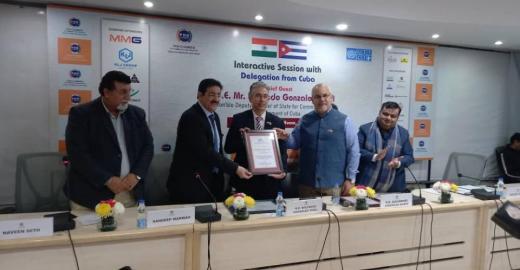

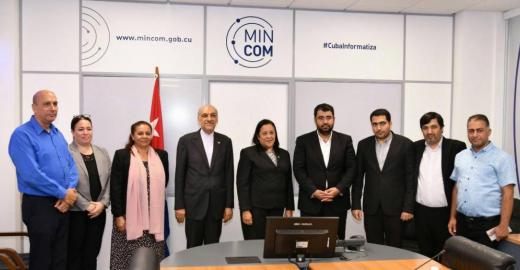





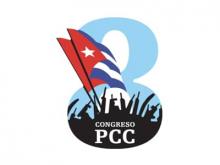
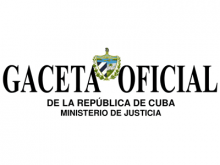
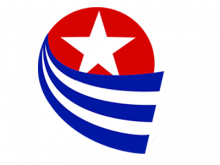
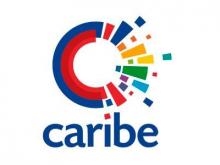
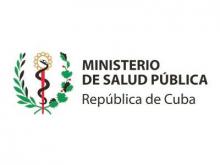

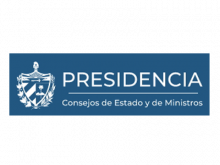



Publicar nuevo comentario